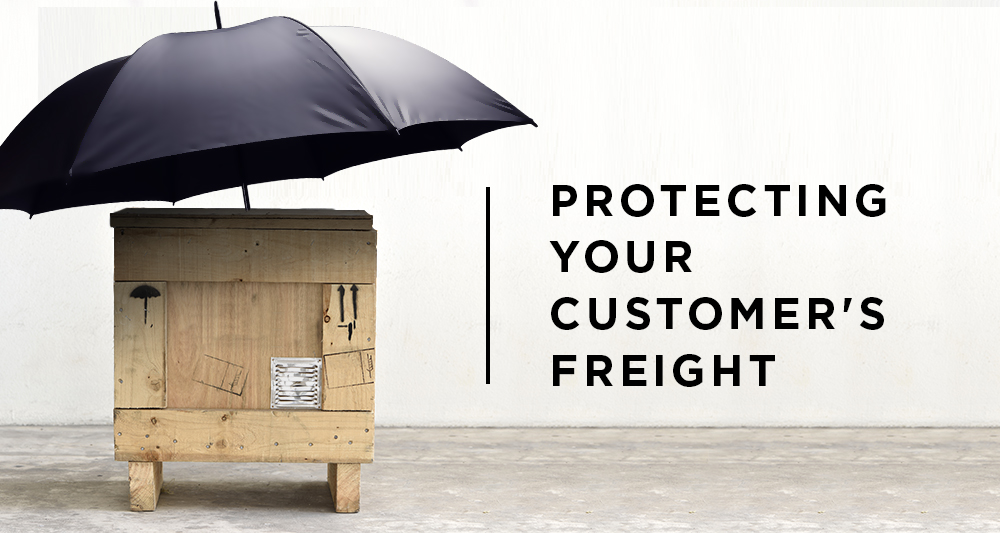Managing shipments as a 3PL means relying only on virtual interactions with the product. However, that doesn’t mean that you can’t physically protect each package. There are a few key steps to follow when shipping either FTL or LTL to safeguard the customer’s freight.
Knowing your customer’s freight is key. Asking crucial questions about the product and getting to know your customers can create an excellent shipping experience. Discover the basics of the shipment, such as the dimensions, the number of skids and the weight. To find the best carrier for the shipment, make sure you’re familiar with the product, understand the value per pound, know what class it will ship at and the carrier’s limit of liability. If you are shipping products of high value but lower class, the limit of liability may not cover the cost of the product. This will result in a loss for the customer, not to mention the sour taste they will have for your business. If you know this could be the case or the freight is of high value, always offer shipper’s interest insurance.
Do you know how your customers package their products? Many customers don’t know the amount of movement their shipment endures.
Discussing the logistics of shipping with your customers can enlighten them to the need for good packaging and labeling.
Let them know that if their product shouldn’t be stacked, they should have that posted on all sides of the skid. “Do not stack” should be documented on the BOL along with any other important instructions.
Staying up-to-date on weather conditions in states that the shipment will be transported through is also important. If a customer’s freight is liquid and shouldn’t freeze but is moving through a state with temperatures below freezing, request freeze protection and notate it on the BOL.
Be sure to remind customers and/or consignees the importance of notating the delivery receipt for damages or losses.
If they notice shrink-wrap is torn and product is missing, document the torn wrap and what is missing. If the delivery receipt is not notated, the carrier can’t be held liable for loss or damage.
Getting to know the customer’s freight may take a few more emails back and forth or a few more minutes on the phone, but in the end, it could help to create a flawless shipping experience.
###
The England Logistics Freight Agent Program provides companies with information and tools to expand and allow them to manage their business. Backed by the England Logistics brand, participating agents enjoy increased market visibility and established business connections. Our dedicated team also delivers consistent support for day-to-day operations. This allows freight agents to expand their portfolio while reinforced by a reliable team.



